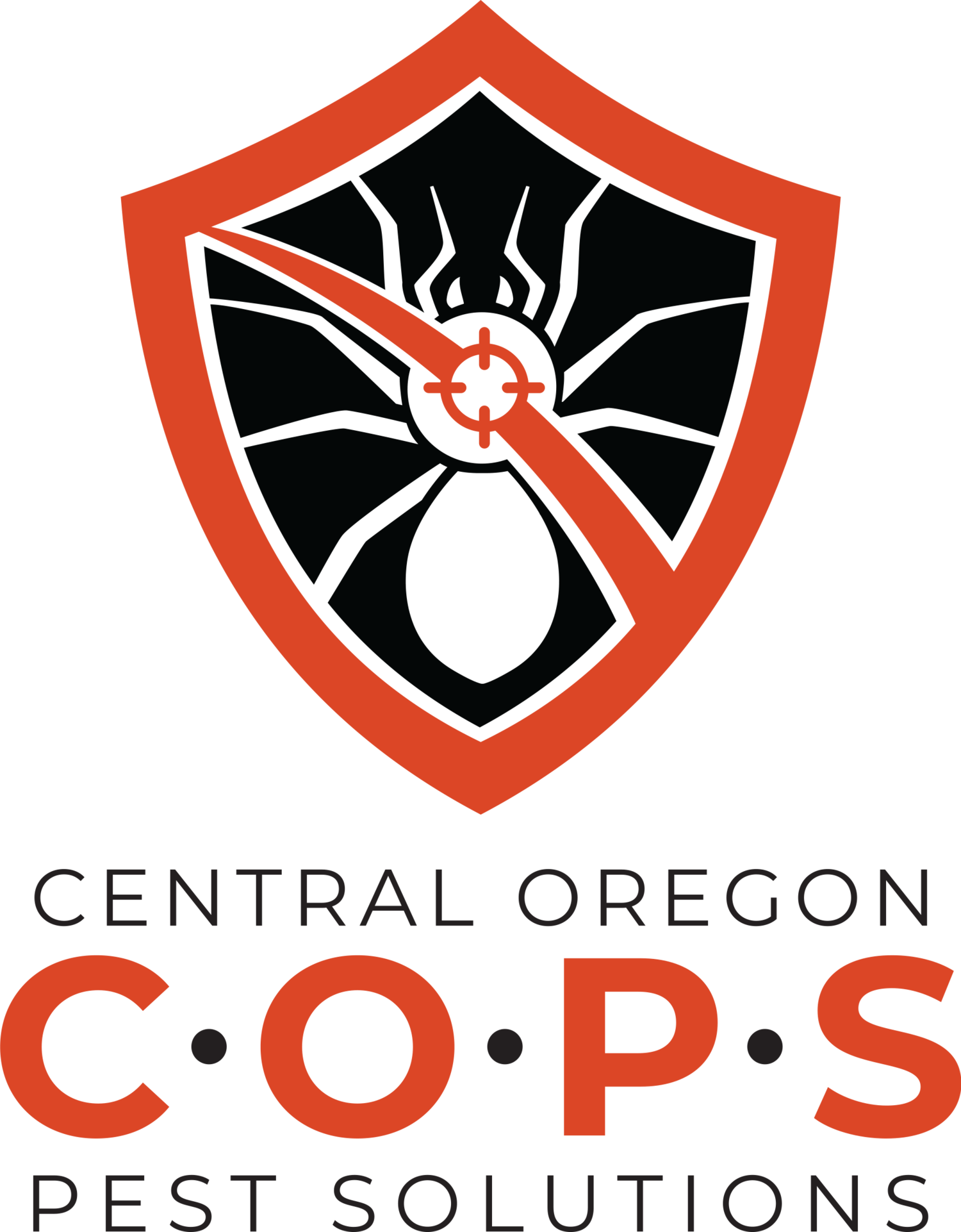The Trouble with Bats is…Part 1
Bats are fascinating creatures of the night, playing a vital role in our ecosystem by controlling insect populations. While we can appreciate them from a distance, the situation changes when they decide to move into our homes or businesses. When a colony of bats takes up residence in your attic or walls, they quickly transform from ecological allies into significant pests. The trouble with bats is the damage they cause, the health risks they present, and the legal complexities of getting them to leave.
Many people's first instinct is to handle the problem themselves, but this often leads to more trouble. Bats are protected animals, and mishandling them can have serious consequences. Understanding why professional help is not just recommended but essential is the first step toward resolving a bat infestation safely and legally.
The Hidden Damage Bats Leave Behind
A few bats might not seem like a major issue, but a small group can quickly grow into a large colony. This is when the real problems begin. Bats can cause considerable structural damage that often goes unnoticed until it becomes severe.
Entry Points and Structural Weakness
Bats are incredibly resourceful and can squeeze through openings as small as half an inch. They often find their way into buildings through tiny gaps in siding, uncovered chimneys, or vents. Over time, their constant coming and going can widen these entry points, making your property vulnerable to other pests and water damage.
The accumulation of their droppings, known as guano, and urine can also cause significant issues. The weight of a large guano pile can strain attic floors and ceilings, potentially leading to structural failure. Furthermore, the high concentration of uric acid in their waste is corrosive and can eat away at wood, insulation, and even metal structures over time.
Insulation and Odor Problems
Once inside, bats often make their home in your insulation. They will burrow into it, creating tunnels and nests. This activity compresses and destroys the insulation, dramatically reducing its R-value and driving up your energy bills.
The most immediate problem you will likely notice is the smell. Bat guano and urine produce a strong, foul odor that can permeate your entire home or business. This smell is not only unpleasant but can also be incredibly difficult to remove, often requiring professional deodorization and removal of contaminated materials.
The Legal and Ethical Side of Bat Removal
So, why not just seal the entry points and set some traps? The answer is simple: bats are a protected species in many areas, including Oregon. It is illegal to harm, trap, or kill them. Specific regulations protect bats, especially during their maternity season when they are nesting and raising their young.
Maternity season typically runs from spring through late summer. During this period, baby bats, or pups, are unable to fly and depend entirely on their mothers. If an adult female is excluded from the roost, her pups will be trapped inside to starve. This is not only inhumane but also creates a new set of problems, including the odor of decay and the attraction of other pests.
Attempting a DIY removal during this time can lead to hefty fines and legal trouble. This is why timing and proper technique are critical, and it’s a job best left to professionals who understand the laws and the life cycle of bats.
Protect Your Property and Your Peace of Mind
The trouble with bats is that what seems like a small problem can quickly become a large, costly, and hazardous one. By trying to handle it yourself, you risk property damage, health issues, and legal penalties.
If you suspect you have bats in your attic or walls, don't wait. Contacting a professional pest management company is the safest, most effective, and only legal way to resolve the issue. At Central Oregon Pest Solutions, we offer proven, alternative methods for bat removal that protect both your property and these ecologically important animals. Let us help you get your space back, safely and humanely.

